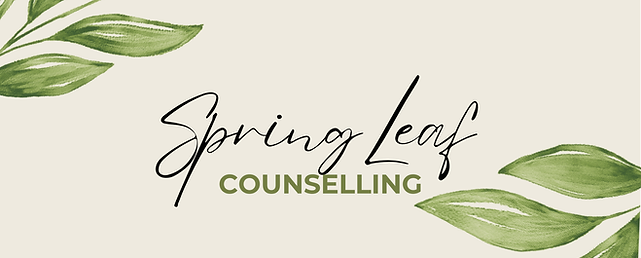
Anxiety
Gentle insights and calming tools to ease anxiety this month.
Anxiety is one of the most common human experiences, yet it can feel deeply personal when you’re in its grip.
It might be the tightness in your chest, the racing thoughts you can’t catch, or the way your mind leaps to worst-case scenarios from the smallest uncertainties. For many people, anxiety isn’t just occasional worry — it can become a persistent companion that makes even everyday tasks feel overwhelming.
Anxiety shows up differently for each of us. It can make social situations feel like minefields, turn decision-making into an exhausting process, and cause physical symptoms such as headaches, muscle tension, or sleepless nights. Some people find their anxiety takes the shape of perfectionism; others notice it in avoidance or procrastination. It can also affect relationships and work when focus or energy feels hard to hold onto.
Three gentle approaches that may help
Ground yourself in the present.
When anxiety pulls you into future “what ifs” or past regrets, grounding techniques can help bring you back. Try the 5-4-3-2-1 method: notice 5 things you can see, 4 things you can touch, 3 things you can hear, 2 things you can smell, and 1 thing you can taste. This practice interrupts the anxiety cycle and gently reminds your body that you are safe in this moment.
Breathe with intention.
Your breath is always with you. When anxiety rises, try inhaling for 4 counts, holding for 4, and exhaling for 6. The longer exhale activates your body’s natural calming system, helping to ease fight-or-flight responses. Just a few minutes of conscious breathing can create space between you and anxious thoughts.
Meet your thoughts with compassion.
Anxiety often presents worst-case scenarios as if they were facts. When you notice worrying thoughts, try asking: “Is this thought helpful? Is it likely? What would I say to a friend with this same worry?” You don’t need to silence anxious thoughts completely — sometimes simply recognising them as “anxiety talking” can lessen their grip.
You don’t have to face anxiety alone. Managing anxiety is about progress, not perfection. What helps can vary from person to person, and it’s okay to explore different approaches to find what feels supportive for you.
At SpringLeaf Counselling, I offer online and telephone sessions in a safe and compassionate space where you can explore your experiences at your own pace and without judgement.
Email: Info.springleafcounselling@gmail.com
If you’d like to arrange a free 15-minute consultation, please get in touch by email